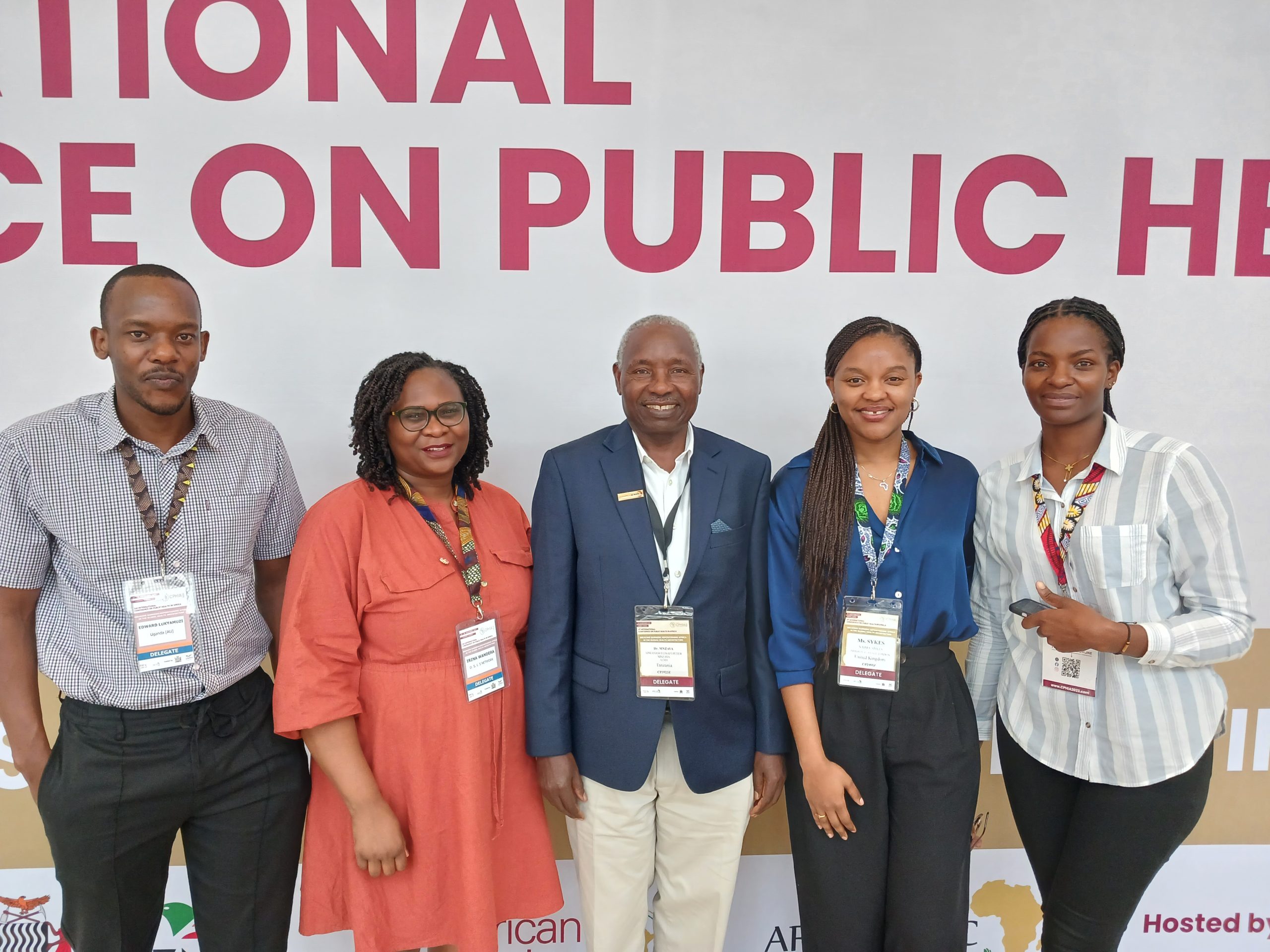The Outreach Network for Gene Drive Research organized a side event on the margins of the third International Conference on Public Health in Africa (CPHIA 2023) held in late November in Lusaka, Zambia, on how novel genetic approaches could be applied to achieve the African Union’s goal of eliminating malaria from the continent. Convened by the African Union and the Africa Centres for Disease Control and Prevention (CDC), under the theme, “Breaking barriers: repositioning Africa in the global health architecture”, this year’s CPHIA brought together over 5000 scientists, policymakers, and advocates worldwide to spotlight African science and innovation, strengthen local, regional and global collaboration, and serve as a catalyst to drive sustainable progress against longstanding and emerging health threats.
The session was chaired by Dr. Abraham Mnzava, African Leaders Malaria Alliance (ALMA), and featured Naima Sykes, Target Malaria, Felista Tarimo, Ifakara Health Institute (IHI), and Edward Lukyamuzi, Pan-Africa Mosquito Control Association (PAMCA). Speakers presented case studies highlighting initiatives co-led by African research institutions, aimed at enhancing the continent’s capacity to harness novel genetic approaches including gene drive technology for malaria control tailored to Africa’s needs and priorities. Presentations highlighted research progress to date and the role of partnerships in fostering research and development of new tools, as well as potential avenues to further support ongoing research endeavors.
 Edward Lukyamuzi, PAMCA. Irina Wandera, Outreach Network for Gene Drive Research, Dr. Abraham Mnzava, ALMA, Naima Sykes, Target Malaria, and Felista Tarimo, IHI, at CPHIA
Edward Lukyamuzi, PAMCA. Irina Wandera, Outreach Network for Gene Drive Research, Dr. Abraham Mnzava, ALMA, Naima Sykes, Target Malaria, and Felista Tarimo, IHI, at CPHIA
Malaria continues to be one of the primary public burdens in the continent, imposing enormous human, social and economic costs on African populations and governments. The side event allowed participants to increase their awareness and understanding of innovative research led by African institutions developing cutting-edge genetic approaches to control vector-borne diseases. It also offered recommendations for actions by different stakeholders to increase the ability of African public health experts to leverage the potential of these novel tools.
To harness the potential of these tools, the experts called for:
- Increased investment in advancing scientific capability in transgenic mosquitoes in the continent.
- Capacity-building and collaborative training to establish bioinformatics hubs (for vector genomic data science and end-to-end bioinformatics in Africa), as well as knowledge hubs on transgenesis research in Africa.
- Developing Whole Genome Sequencing (WGS) and Amplification Sequencing (AmpSeq) infrastructure for routine vector genomic surveillance.
- Increased opportunities for strong partnerships between genomic epidemiology and vector genomics.
- Encouraging open and transparent conversation on gene drive research for malaria control within National Malaria Control Programmes and Vector Control Working Group (VCWG) in Africa.
- Adopting a comprehensive resolution for the registration of new tools; investigating models for regional alignment approaches; and building capacity within national regulatory authorities for their adoption.
The session elicited interest among participants, who raised insightful questions on the potential application of novel genetic approaches, including gene drives, to control disease vectors beyond malaria. The attendees also had a chance for one-on-one interactions with presenters to explore opportunities for further collaboration, awareness creation and increased investments in this field of research. CPHIA remains one of the largest public health conferences in Africa, providing a great platform to continue to raise awareness of the need for innovation and science to address some of the continent’s most pressing public health challenges.
Recent posts
